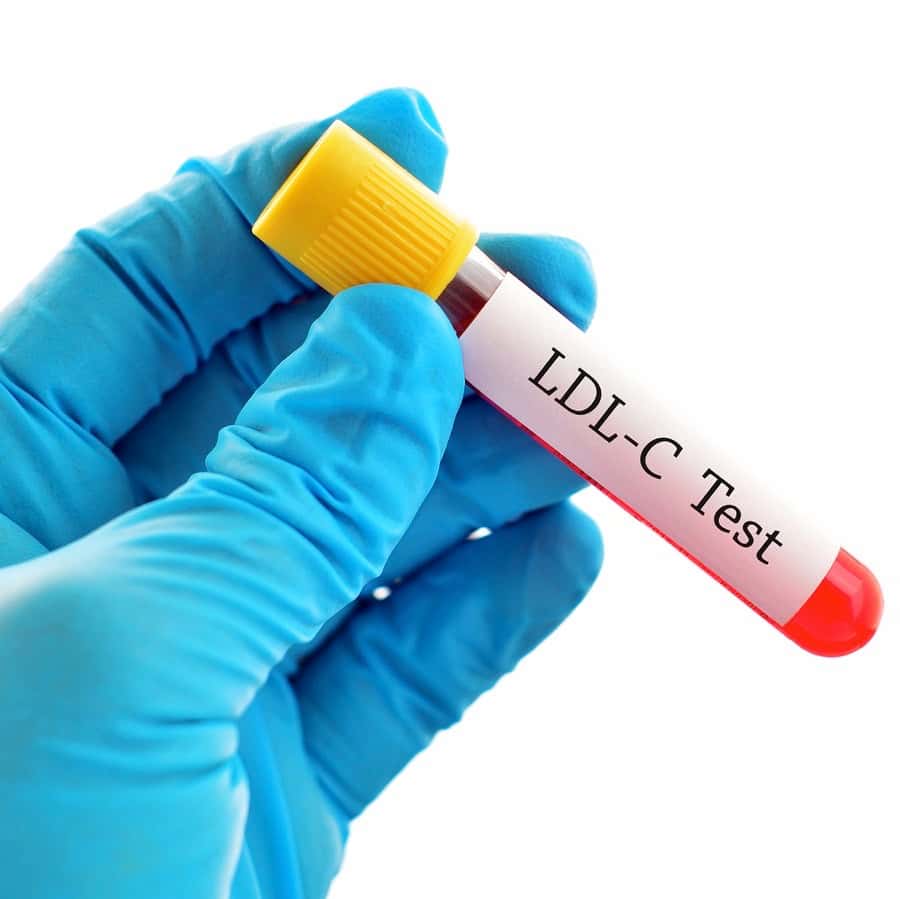
An estimated 12 percent of US adults have thyroid disease. Most often, the butterfly-shaped gland at the front of the neck falters and no longer produces hormones as it should. As a result, people with hypothyroidism may experience fatigue, dry skin, constipation, difficulty controlling weight, hair loss and a number of other unpleasant symptoms. Sometimes people don’t recognize the connection between low thyroid and high cholesterol.
How Does Thyroid Affect Cholesterol Levels?
Q. For the last six years I’ve been taking levothyroxine for hypothyroidism. However, over that time my cholesterol has been slowly creeping up. My doctor didn’t feel I needed a statin because my HDL and LDL are at good levels. Nonetheless, when my total cholesterol reached 235, it bothered me because I really watch what I eat.
I was talking with a friend about this, and she suggested taking a daily dose of Metamucil. Although I was skeptical, I decided to try it. Sure enough, my cholesterol dropped 30 points in six months! Could my thyroid medicine have caused an increase in cholesterol levels?
A. Undertreated hypothyroidism can raise total cholesterol. Even when the underactive thyroid gland is adequately treated with levothyroxine, cholesterol levels may not normalize completely (Journal of Clinical Endocrinology & Metabolism, Dec. 2018).
Does Psyllium Lower Cholesterol?
Regular use of psyllium (the soluble fiber found in Metamucil) can indeed lower cholesterol levels (American Journal of Clinical Nutrition, Nov. 2018). We usually recommend allowing a few hours to pass between taking psyllium and levothyroxine. However, the single study we found addressing this suggests that fiber does not decrease thyroid hormone absorption (Thyroid, Aug. 1998). You can learn more about both thyroid function and nondrug approaches to lowering cholesterol in our eGuides to Thyroid Hormones and Cholesterol Control & Heart Health. These online resources provide a more in-depth picture of the link between low thyroid and high cholesterol.
Citations
- McAninch EA et al, "Systemic thyroid hormone status during levothyroxine therapy in hypothyroidism: A systematic review and meta-analysis." Journal of Clinical Endocrinology & Metabolism, Dec. 2018. https://doi.org/10.1210/jc.2018-01361
- Jovanovski E et al, "Effect of psyllium (Plantago ovata) fiber on LDL cholesterol and alternative lipid targets, non-HDL cholesterol and apolipoprotein B: A systematic review and meta-analysis of randomized controlled trials." American Journal of Clinical Nutrition, Nov. 2018. DOI: 10.1093/ajcn/nqy115
- Chiu AC & Sherman SI, "Effects of pharmacological fiber supplements on levothyroxine absorption." Thyroid, Aug. 1998. DOI: 10.1089/thy.1998.8.667

